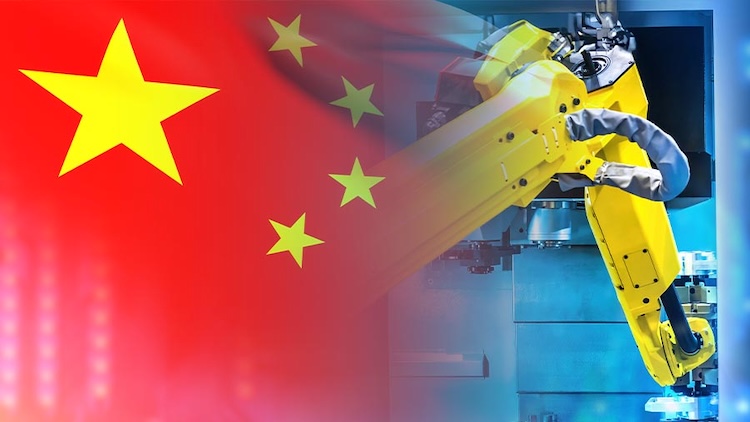By Jonathan Power*
LUND, Sweden | 1 July 2025 (IDN) —The Nobel-prize winning economist, Robert Fogel, believes that China will grow at an average rate of 8% until 2040, by which time it will be twice as rich as Europe in per capita terms. His model is based partly on so-called geometric growth. An example: If my ancestors had invested a penny in 1800 at a compound interest rate of 6% a year above inflation, it would now be worth $280,000.
Sounds good, but it isn’t. The chances of this happening are nil. Indeed, I would go so far as to say that China remains a classic case of hope over experience, reminiscent of de Gaulle’s famous comment about Brazil: “It has great potential and always will.”
In the 1970s, Brazil, with its annual 10% growth, was poised to become the superstar of the decade—and perhaps forever more. In the 1980s, Japan was the talk of the town. In the 1990s both countries came unstuck- Brazil, after decades of being the century’s fastest growing economy (along with Taiwan), because it over-spent and over-borrowed and in its massive state and social sectors chronically underperformed; Japan because its quasi-feudal company and ministerial structures protected the dross as well as the gold in a system that could never bring itself to embrace complete meritocracy.
This is not to belittle China’s achievements of the last 40 years. It has grown swiftly and has lifted half its population out of poverty. But as a British Chancellor of the Exchequer once commented, ‘Beware of extrapolation, it can make you blind’.
The fact is, as countries grow, growth becomes harder; hence, developed countries grow even in good times at never more than 4% and more commonly at 2-3%.
Japan caught up with the West in the 1980s; however, since 1990, its economy has grown at an average annual rate of only 1%. It took South Korea 30 years, from 1960 to 1990, to raise its GNP per capita from one-thirtieth of the US to one-third, but then it took another 20 years to reach one-half. South Korea, despite its Samsungs and Hyundais, is still a long way from catching up with the US, even though it is likely to continue growing steadily.
China has experienced three ‘bonuses’ in recent times. The first are the fruits of its one-child policy, which prohibits parents from having more than one child. In the short run, this helped bring significant productive gains to the economy as both parents and the state could focus on maximising the potential of these children. It also dramatically reduced the population growth rate. However, as the middle class expanded and the Chinese were granted more social freedoms (although these were still very limited), the one-child policy became less relevant.
The second is the movement of hundreds of millions of women from being housewives or helping with the family farm to the cities and into the workforce.
Neither of these two epochal events is repeatable. They have made their one-time contribution to boosting output.
The third bonus is urbanisation. Urban populations are usually more productive than rural ones. The rapid movement from the countryside to the city has played a significant role in present-day growth. Still, shortages of labour are already appearing in some cities, and wages are being pushed up as the inward flow slows. Today, there are far fewer men and women migrating.
China has now entered a stage of development where service industries are growing, while traditional sectors, including mining and agriculture, are diminishing relatively. Newer service industries are not so productive, and at this stage in development, all economies start to slow down in their rate of growth. Moreover, in the expanding number of hospitals and schools, which are good indicators of development, increasing productivity is challenging.
Last but not least is the stifling grip of the Communist Party with its refusal to countenance democracy. If anything, the leadership is digging in its heels. Imagination and creativity are not at their best when people cannot write what they want or speak out publicly. No country in the world has a large service industry, a dynamic knowledge economy and a democracy.
China, I think, is not a miracle about to be performed.
*Jonathan Power has been an international foreign affairs columnist for over 40 years and a columnist and commentator for the International Herald Tribune (now the New York Times) for 17 years. [IDN-InDepthNews]
Copyright © Jonathan Power
Visit www.jonathanpowerjournalist.com
Image source: China Briefing


